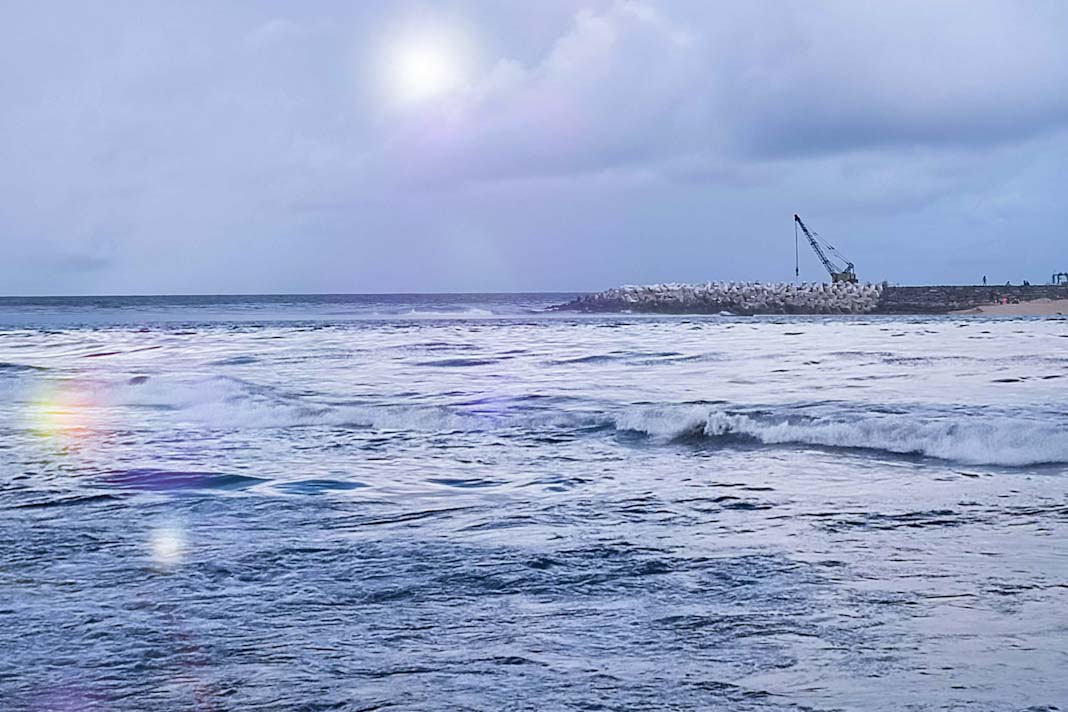 Maritime Sustainability
Maritime Sustainability
PPG (NYSE: PPG) announced a collaboration with RightShip, a digital maritime sustainability platform, as part of RightShip’s Zero Harm Innovation Partners Program. The initiative aims to foster the development and adoption of innovative solutions to promote a more sustainable future in the maritime industry.
PPG’s revolutionary PPG SIGMAGLIDE® 2390 biocide-free silicone fouling release is the only hull coating to be approved by RightShip’s rigorous product review process for the Zero Harm Innovation Partners Program. This approval validates its contribution towards a zero-harm maritime industry and underscores its positive sustainability impact.
“By connecting manufacturers with shipowners and educating charterers about new technologies, the RightShip Zero Harm Innovation Partners Program fosters a system that supports and recognizes those who invest in safety and sustainability on board vessels,” said Christopher Saunders, Chief Maritime Officer at RightShip.
Benefits and Performance of PPG Sigmaglide 2390
“We are proud to be part of this program, which recognizes the sustainably advantaged benefits and higher efficiency and durability of our biocide-free PPG Sigmaglide 2390 coating,” said Ariana Psomas, PPG global segment director, new build and dry dock, Protective and Marine Coatings. “It helps vessels achieve instant power savings of up to 20 percent with a speed loss performance of less than one percent, contributing to a greenhouse gas emissions reduction of up to 35 percent* in comparison to traditional antifoulings.”
The performance benefits of PPG Sigmaglide 2390 stem from PPG HydroReset™ technology. When immersed in water, this technology modifies the coating to create an almost friction-free, nonstick surface that marine organisms cannot recognize or adhere to. This results in industry-leading low-friction properties and outstanding fouling control that delivers up to 150 days of idle performance.
“For shipowners, achieving significant power and emission savings will require radical improvements in design and operating efficiency, so choosing the right hull coating is critically important,” Psomas said. “That’s why we’re seeing more and more shipping companies adopt low-friction silicone coatings.”
Did you subscribe to our daily Newsletter?
It’s Free! Click here to Subscribe
Source: PPG















